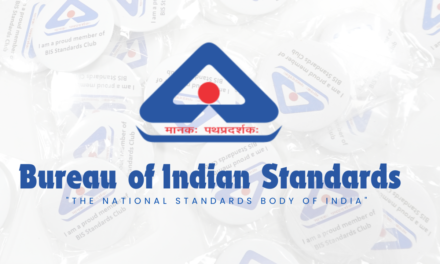Sustainable Silk Industry Practices in Tamil Nadu
Tamil Nadu’s silk industry is increasingly adopting sustainable practices to enhance environmental responsibility and preserve traditional craftsmanship. Key initiatives include:
Eco-Friendly Dyeing Techniques:
Traditional silk dyeing often employs synthetic chemicals harmful to the environment. To mitigate this, artisans are embracing natural dyes derived from plants and minerals, reducing chemical usage and promoting biodegradability.
Peace Silk Production:
Also known as Ahimsa silk, peace silk allows silkworms to complete their life cycle naturally. This method involves harvesting cocoons after the moths have emerged, ensuring ethical treatment of the insects and producing silk without boiling the pupae.
Upcycling and Waste Reduction:
Artisans are repurposing leftover silk fabric into new products like accessories and home decor, promoting a circular economy and minimizing waste.
Sustainable Sericulture Practices:
The Department of Sericulture in Tamil Nadu is implementing sustainable farming practices, including organic mulberry cultivation and integrated pest management, to reduce chemical inputs and enhance soil health.
Government Support and Policy Initiatives:
The Tamil Nadu government is promoting sustainable sericulture through skill training, technical guidance, and the establishment of seed farms and silk farms to support eco-friendly practices.







